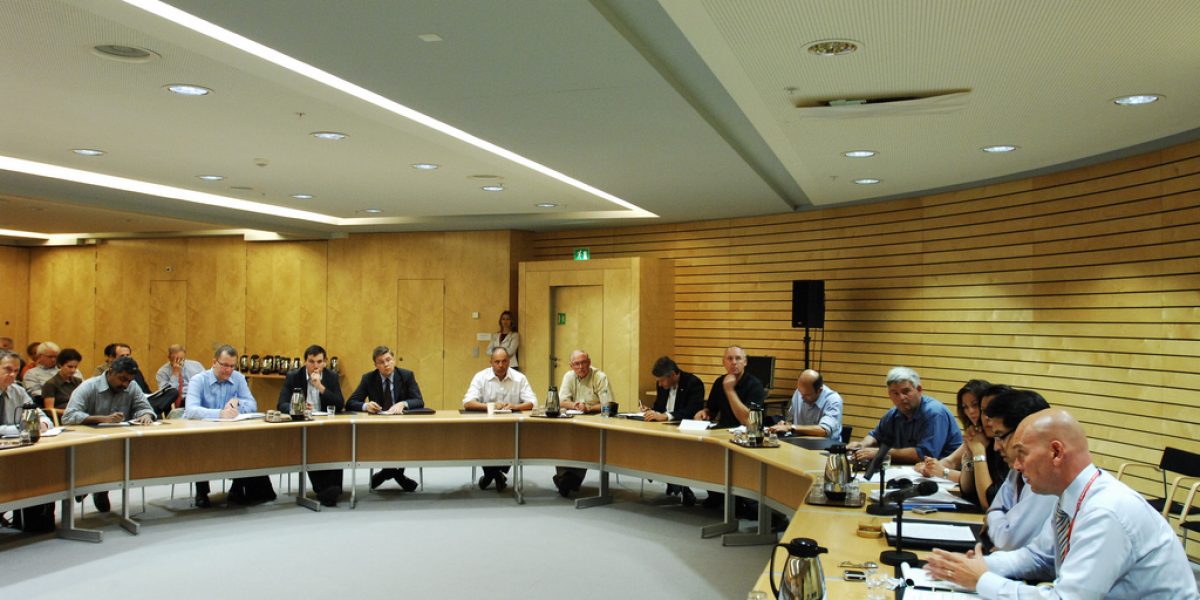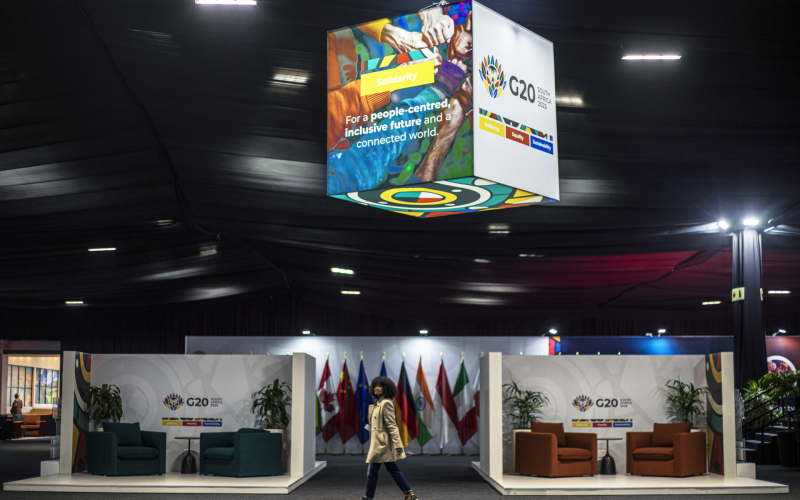At present most WTO members (developed and developing) are frustrated by the lack of progress on issues of interest to them in the Doha Round of multilateral trade negotiations. Very few seem convinced that they can rely on this institution to continue delivering more trade and economic opportunities for them. The need for reform has never been greater.
However, it is evident that more often than not the WTO is judged too harshly and unfairly due to lack of appreciation of the tremendous challenges it faces in seeking to balance the needs of its various members. Typically, developed countries want to move faster and extend the scope of multilaterally agreed rules to ever new areas, to create more opportunities for their more technologically advanced economic operators.
Their poorer counterparts, some of whom are light years behind in terms of economic and technological developments, find the speed of the WTO quite disorientating. The result is general disillusionment.
Clearly, the continued existence and/or effectiveness of the WTO as the premier institution governing international trade bodies largely depends on its ability to be all things to all its member countries. In other words, the greatest reform challenge for the WTO is to ensure that it operates in such a way that every member country would feel its interests are being adequately promoted and protected. For an institution with 151 members, this is gargantuan task.
Two structural issues require immediate attention. The first one is the single undertaking negotiating approach in terms of which member countries are required to agree on and implement an entire set of rules, multilaterally negotiated within the WTO. According to this logic nothing is agreed until everything is agreed. Flexibility must be built into the system so that those countries that wish to go ahead and cut far-reaching trade liberalisation deals are able to do so without threatening the interests of those that are not yet ready.
It should be possible and easier for countries to join and/or opt out of particular side agreements while keeping a certain core of rules or agreements that are binding to all. Therefore plurilateral agreements that apply only to a smaller subset of countries that negotiate them should be allowed and encouraged. This is important if developed countries are to keep their faith in this system and could minimise their tendency to concentrate on bilateral and regional trade agreements, where power relations tend to determine the outcome.
The second structural issue that needs attention is the consensus decision-making process. Since any member, no matter how small, can block an agreement from being reached, the consensus decision-making process in particular has come under the spotlight as a significant setback. It is arguably the main reason decision-making is so complex and unwieldy. At the same time it is acknowledged that the consensus principle is an important check and balance that prevents the strong from forcing through agreements at the expense of weaker members.
However, it is patently clear that the consensus principle needs to be modified if real progress is to be realised. A lot can be learned from the way the more efficient WTO dispute settlement system works. In contrast to the negotiating system it uses a “reverse consensus” rule, in terms of which a decision of the dispute settlement body panel or the appellate body is adopted unless there is consensus against it. This, of course, will not be appropriate in the negotiations, but some middle ground between the two might allow for a more creative and efficient system.
Poor countries are mainly interested in seeing progress on the “development issues”, which covers assistance or capacity building to implement previous agreements, adjustment assistance to cushion against negative effects of liberalisation, and supply capacity building. All of these should be catered for under the “aid for trade” agenda, which gained much prominence in the Hong Kong ministerial conference. This agenda must be taken seriously and rich countries that pledged “aid for trade” funding must make good their promises.
In conclusion, it must be stressed that despite its current challenges the WTO is currently the only institution that has the capacity to promote trade liberalisation and rule-making on a global scale, and is backed by a fairly efficient dispute settlement system. At a time where bilateral and regional trade agreements are the order of the day, the overarching framework it provides remains indispensable. This is primarily the reason why no country believes disengaging from the WTO is a viable option.
Many other countries are busy trying to accede to this institution to better advance their trade interests. Therefore all member countries, especially those like SA which prefer multilateral solutions, should put their weight behind positive reforms in the WTO.








